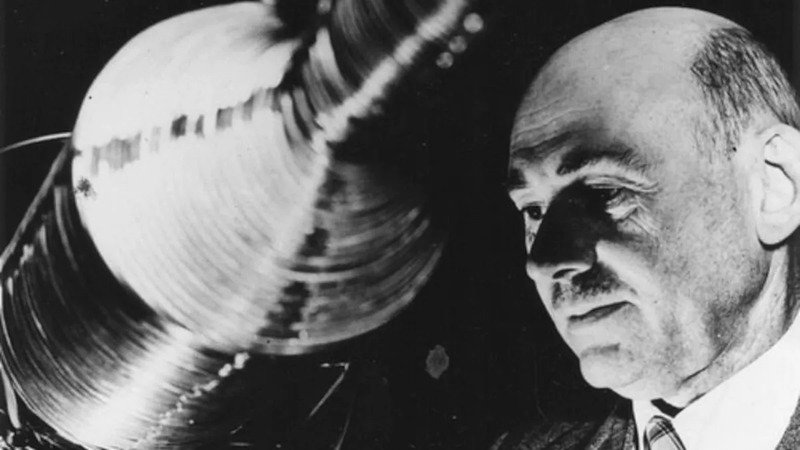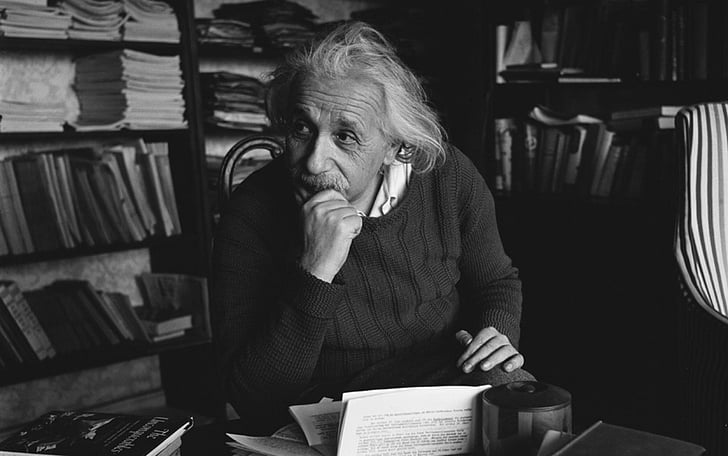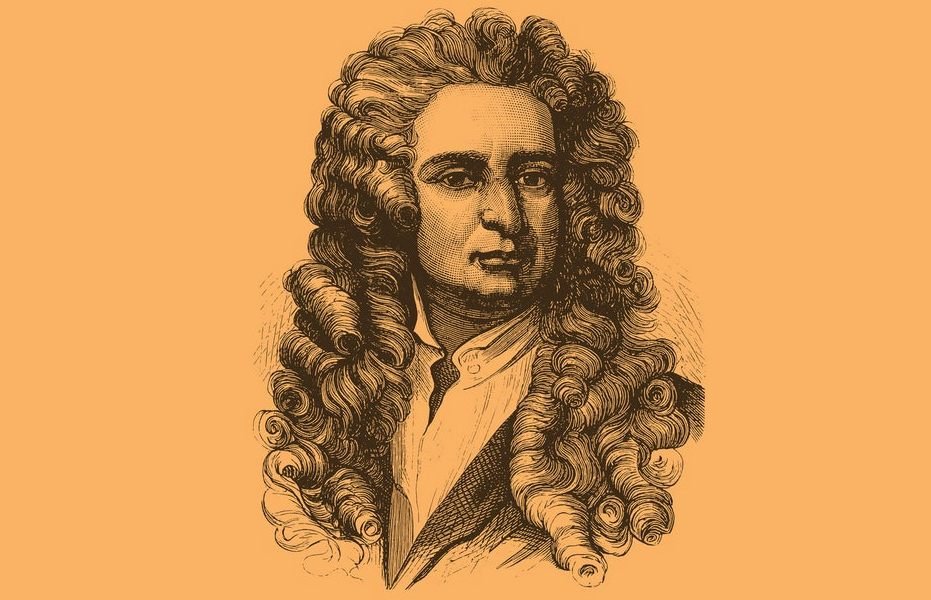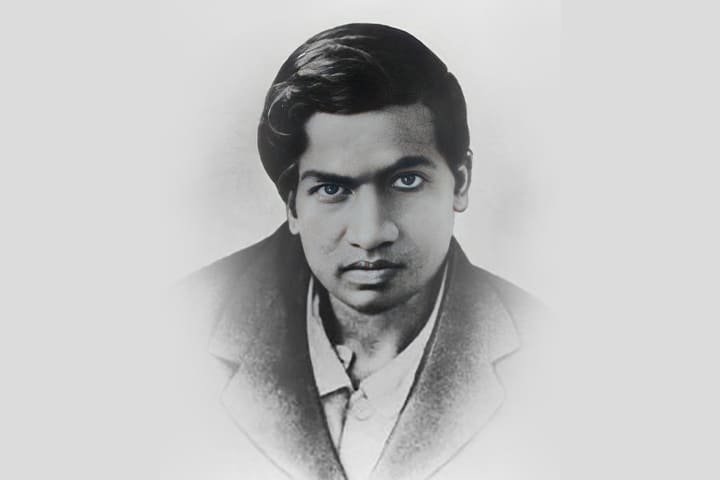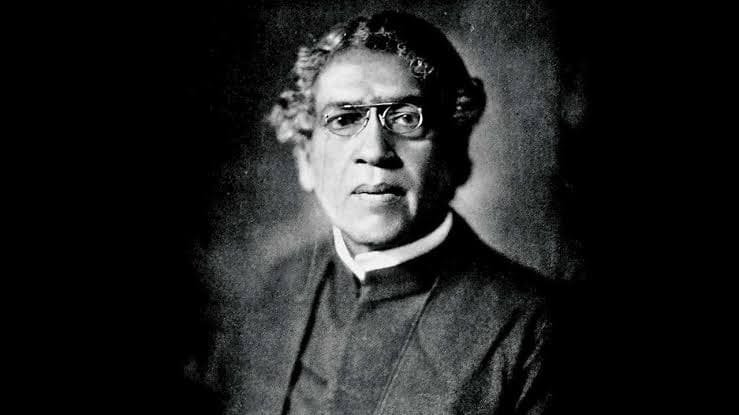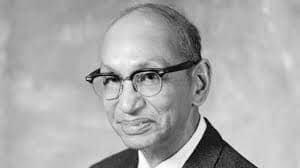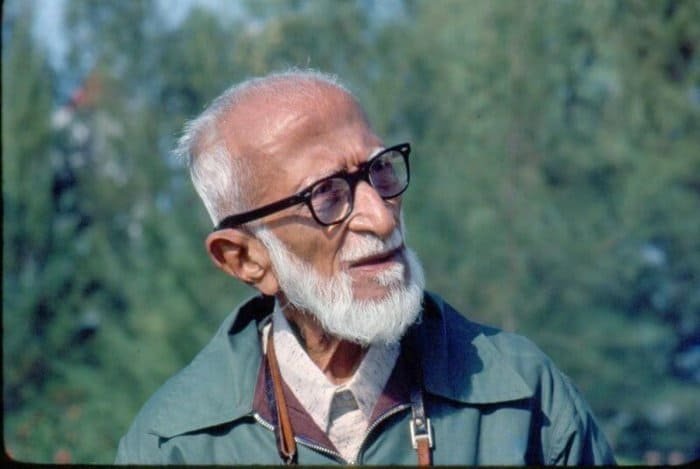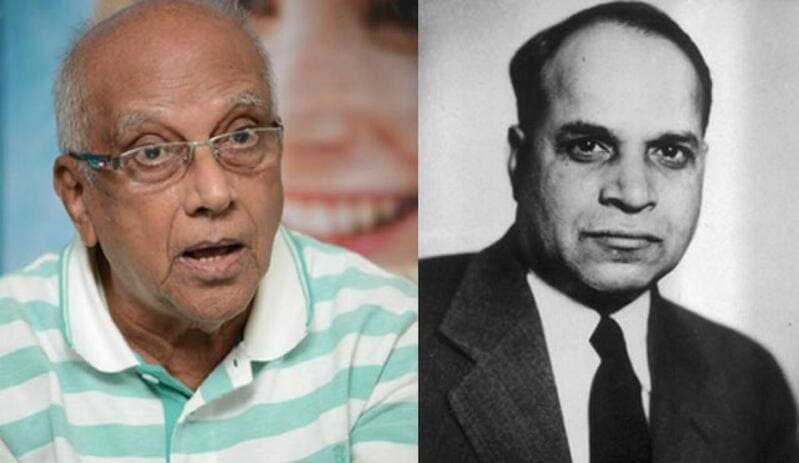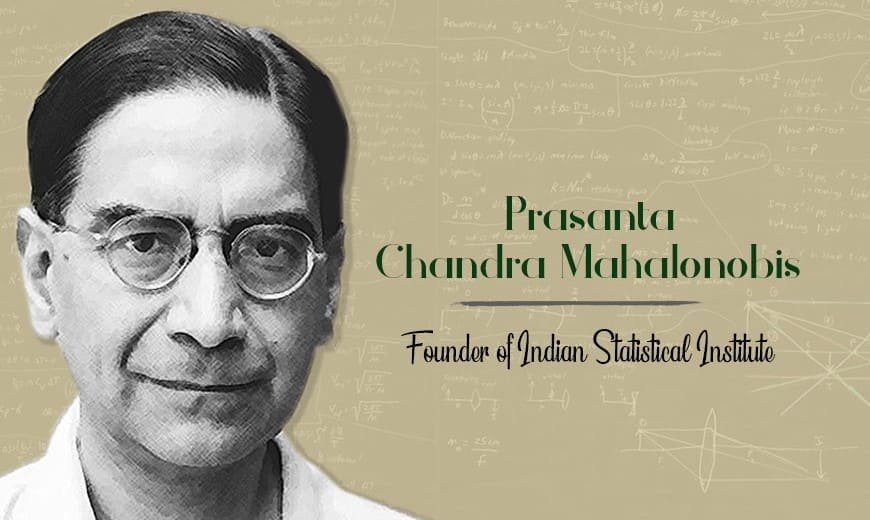
Frederick G. Hopkins: A Pioneer in Nutritional Science and Biochemistry.
"Frederick G. Hopkins: Nobel Prize-Winning Biochemist and Physician"
Frederick G. Hopkins was a British biochemist and physician born in Eastbourne, England in 1861. He was a pioneer in the field of biochemistry and made significant contributions to the understanding of the role of vitamins in nutrition.
Hopkins received his medical degree from Cambridge University in 1887 and began his career as a physician. However, he soon became interested in the field of biochemistry and devoted himself to the study of the importance of vitamins in the diet.
In 1912, Hopkins demonstrated that certain substances in food, which he called "accessory food factors," were essential for growth and health. He showed that these substances, later known as vitamins, were essential in small quantities and could not be synthesized by the body. This discovery laid the foundation for the field of nutritional science and had a profound impact on public health.
In 1929, Hopkins was awarded the Nobel Prize in Physiology or Medicine for his discovery of the importance of vitamins in nutrition. He was the first British scientist to receive the Nobel Prize in this field.
Throughout his career, Hopkins continued to make important contributions to the field of biochemistry and nutrition. He was a prolific writer and published many papers on the subject. He was also a respected teacher and mentor, training many students who went on to become leading researchers in their own right.
In 1947, Hopkins passed away at the age of 85, leaving behind a legacy of pioneering research and discoveries that have had a lasting impact on the field of biochemistry and public health. Today, he is remembered as one of the most influential biochemists of the 20th century and a pioneer in the study of vitamins and nutrition.
- John Dunlap: The Printer of the Declaration of Independence and Early American Publisher
- Jagadish Chandra Bose | Inventions, Education, & Biography
- Nikola Tesla - Biography
Note: This blog or artical is written on the basis of online research, news paper and AI tools. So, if there is any issue, please mail your feedback.
- Share:
